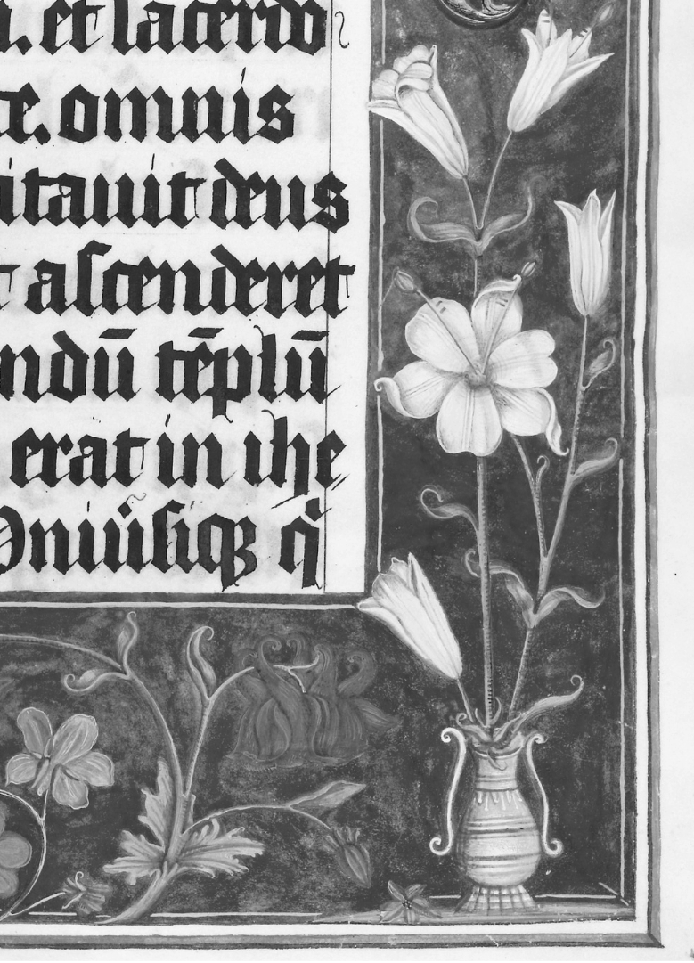EVENTI

With the new year we inaugurate a series of special events dedicated to the discovery and deepening of the heritage of the Capitolare Library.
In the first appointment, "Mirabile Natura. Herbaria, botanical miscellaneous and medieval symbols", miniatures and ancient engravings will lead us to the discovery of precious herbariums and texts of botany, from the origins of the discipline to the innovative experiences of the sixteenth century.
From the treatises of Theophrastus, father of botany, the itinerary will continue in the Middle Ages when the herbariums, that are the books with descriptions of plants and their medicinal properties, had a great diffusion. From the case of De materia medica by Dioscoride, the most important treatise on medicinal plants of antiquity, visible in the famous translation of Mattioli of 1555, to the Herbarium of Pseudo Apuleius, exhibited in a 15th century manuscript with splendid miniatures. With the discovery of the New World the horizons of botany expanded: the physician and botanist Leonhart Fuchs will describe for the first time the "Turkish wheat" and other American plants. Parallel to the evolution of this science, the path will deepen some symbologies that man interpreted in the great book of nature.
